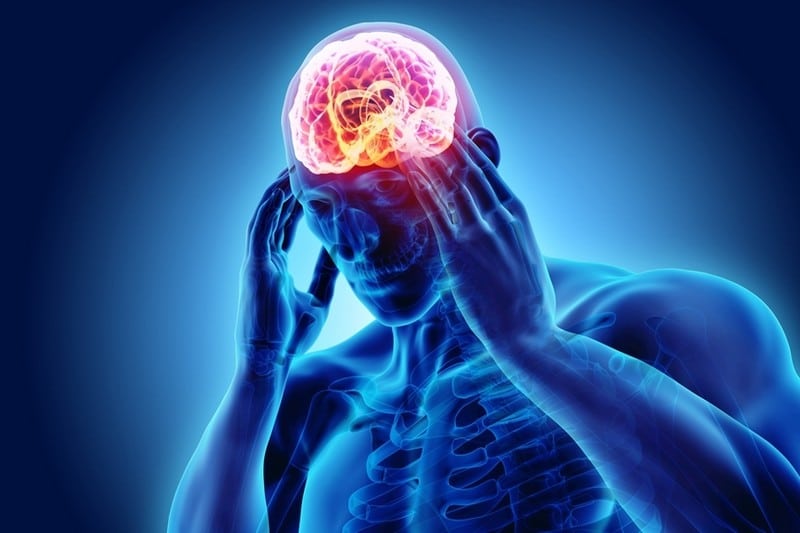Brain Swelling

The human body comprises cells, which are made up of various molecules, including proteins, lipids, carbohydrates, and nucleic acids. These molecules are held together by an electrochemical gradient created by ions such as sodium, potassium, calcium, and magnesium. This gradient is essential for cell function. Without it, cells would be unable to communicate or transport nutrients across their membranes.
Electrolytes play a vital role in maintaining this gradient. When levels of electrolytes in the blood become too low, it can disrupt the gradient and cause cells to swell and eventually burst. Brain cells are particularly vulnerable to this type of damage. This is because brain tissue is primarily made up of water. As such, even a slight increase in cell size can significantly impact brain function.
Treatment for brain swelling caused by low electrolytes typically involves replenishing the electrolytes through intravenous fluids or oral supplements. In severe cases, surgery may be necessary to reduce the pressure on the brain. However, brain swelling can be prevented by maintaining healthy levels of electrolytes in the body through diet and hydration.










